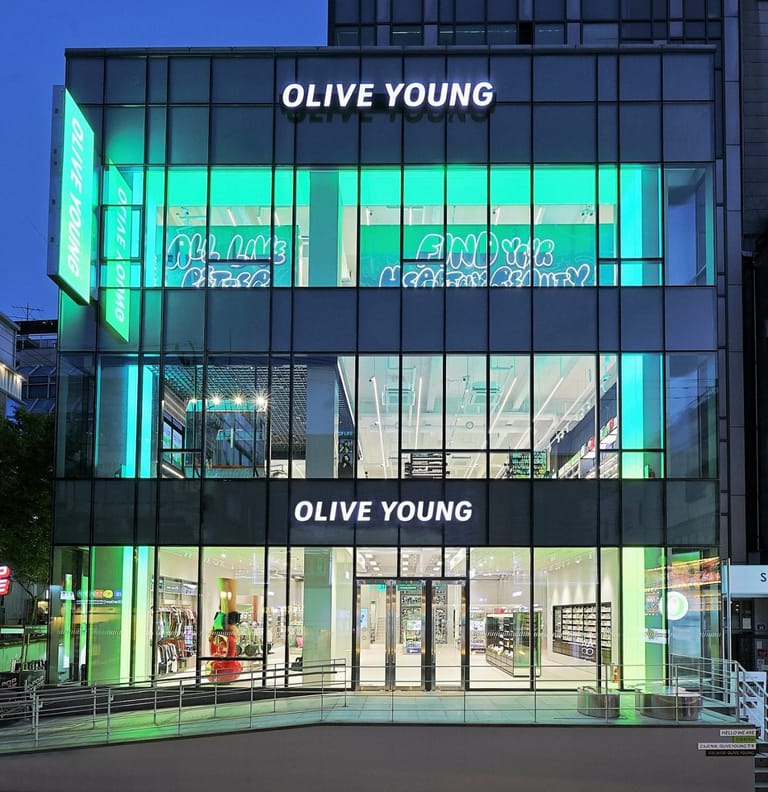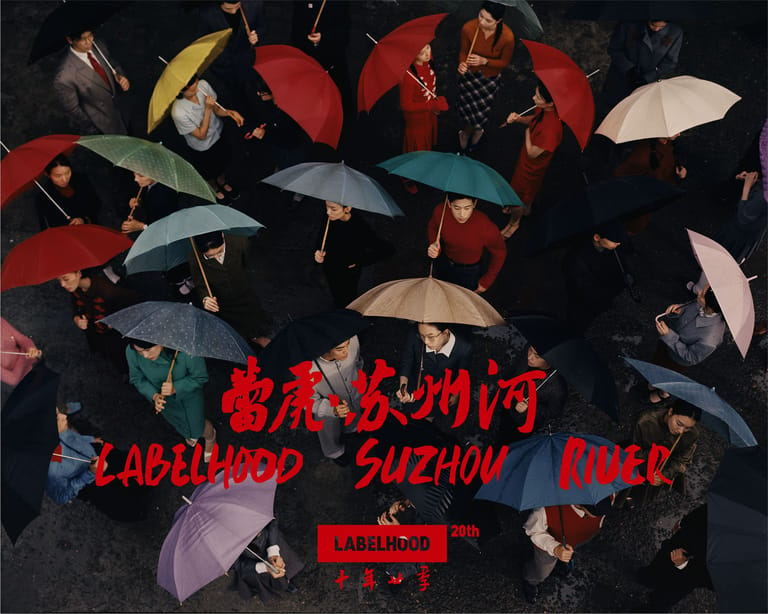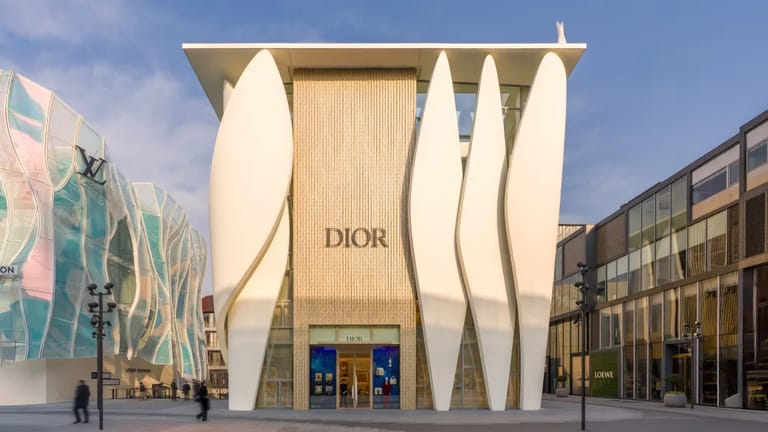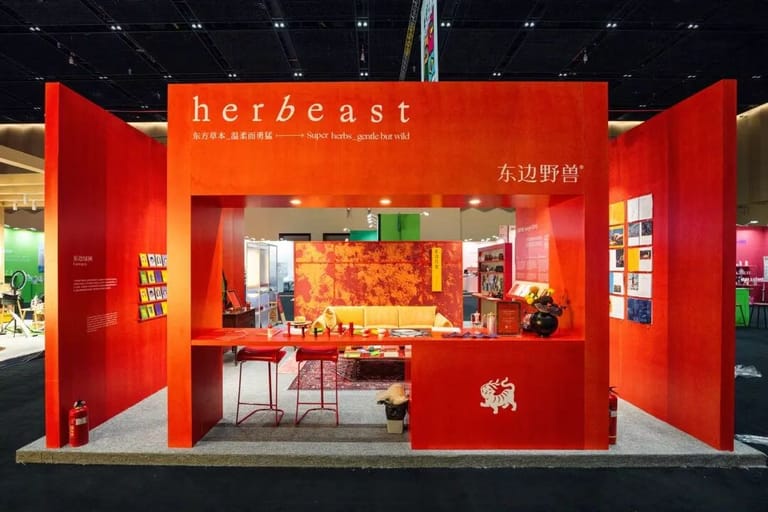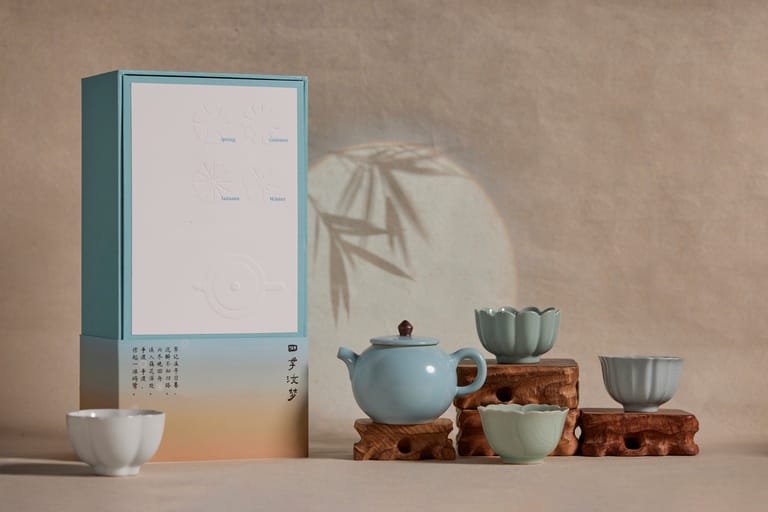Can Mytheresa Reshape Luxury E-Commerce After Securing YNAP?
By
Anqi Wen

Published on
April 23, 2025

Jingzhi Curates is your daily compass for navigating the dynamic intersections of business, culture, and society. Each installment distills the day’s most pressing issues into thoughtful, actionable insights—perfect for leaders, innovators, and the intellectually curious. Whether a game-changing shift in global markets, a breakthrough in AI, or a cultural trend redefining consumer behavior, Jingzhi Curates delivers clarity in complexity.
On April 23, MYT Netherlands Parent B.V., the parent company of German luxury e-tailer platform Mytheresa, officially completed its acquisition of YOOX Net-a-Porter (YNAP). The deal, which closed following a six-month review by the European Commission, marks a major milestone in the group’s bid to consolidate global luxury e-commerce assets. Alongside the announcement, the company unveiled a new corporate identity: LuxExperience B.V., signaling a fresh chapter in its ambitions within the luxury sector.
The acquisition, initiated earlier this year, reflects the group’s intent to leverage YNAP’s established customer base to expand into a broader segment of the luxury fashion market. According to the company’s statement, the goal is to build a “leading global multi-brand digital luxury group.” By combining a flexible brand portfolio with specialised operational capabilities, the group aims to transcend the limitations of single-brand growth, paving the way for a more diversified and scalable model.
Mytheresa’s own development has laid the foundation for this strategic evolution. Amid intensifying competition, the platform has stood out through its curated, editorial approach to merchandising and its deep engagement with high-net-worth customers—maintaining profitability even as peers have exited the market. In the second quarter of fiscal 2025, the ecommerce platform reported net sales of 223 million euros, a 13.4 percent increase year-on-year. Growth in the U.S. reached 17.6 percent, with average order value up 9.5 percent to 736 euros. Just a day before the YNAP announcement, Mytheresa revealed a new global e-commerce partnership with Prada Group, underlining its growing influence in the space.
In 2024, Mytheresa also doubled down on high-touch offline experiences for its top-tier clientele, co-hosting exclusive activations with luxury houses including Brunello Cucinelli at Lake Orta, Dolce & Gabbana in Capri, and Valentino in Nice. These immersive, cross-channel moments have helped the platform differentiate itself from traditional “shelf-based” luxury e-commerce models.

The establishment of LuxExperience B.V. is a strategic response to a shifting market. Bernstein recently revised its 2025 global luxury market forecast from 5 percent growth to a 2 percent contraction. Even resilient groups like LVMH and Hermès are seeing their momentum slow. Against a backdrop of rising nationalism and stagnating digital sales, luxury groups are under pressure to react faster to change, deepen customer engagement, and build robust offline and content ecosystems around their brands.
In this context, a multi-brand, experience-led e-commerce model appears well-timed. Rather than focusing on a handful of hero brands, this new approach brings together labels with varied styles, positions, and audiences—broadening consumer touchpoints, increasing stickiness, and enhancing negotiating power and supply chain efficiency. For a sector long mired in the structural tensions between brand exclusivity and online scale, it offers a potential path forward.
To address the long-standing disconnect between luxury positioning and discount-led e-commerce—a key challenge for YNAP and others—LuxExperience B.V. will adopt a dual-track model. Net-a-Porter and Mr Porter will be integrated into the same business unit as Mytheresa, maintaining their distinct brand positioning and customer bases while sharing technology and logistics infrastructure. Meanwhile, YOOX and The Outnet will be operated independently, each exploring growth through separate commercial models.
As Mytheresa CEO Michael Kliger noted, the luxury and discount businesses differ fundamentally in pricing logic, customer expectations, and brand composition. “The three brands will share a large part of their infrastructure creating synergies and efficiencies while maintaining their different brand identities,” he said in an acquisition statement released in 2024. “The off-price business will benefit from the separation from luxury and a much simpler operating model driving growth and profitability.”
Yet even with the integration complete, LuxExperience B.V. must navigate a series of external headwinds, including tariffs and geopolitical uncertainty. In the US, Mytheresa saw year-on-year sales growth of 14 percent in the second half of fiscal 2024, and a 25 percent increase for the full year. The market now represents over 20 percent of its global sales. But with the Trump administration pushing for “reciprocal tariffs,” European-made luxury goods and raw materials face mounting tax pressure. While Mytheresa expanded its 55,000-square-meter logistics center in Leipzig in 2023, its supply chain remains heavily Germany-based, while YNAP’s sorting operations are centered in Italy. Rising customs and logistics costs may force the group to choose between passing costs onto consumers or absorbing them—testing its pricing power and margins.
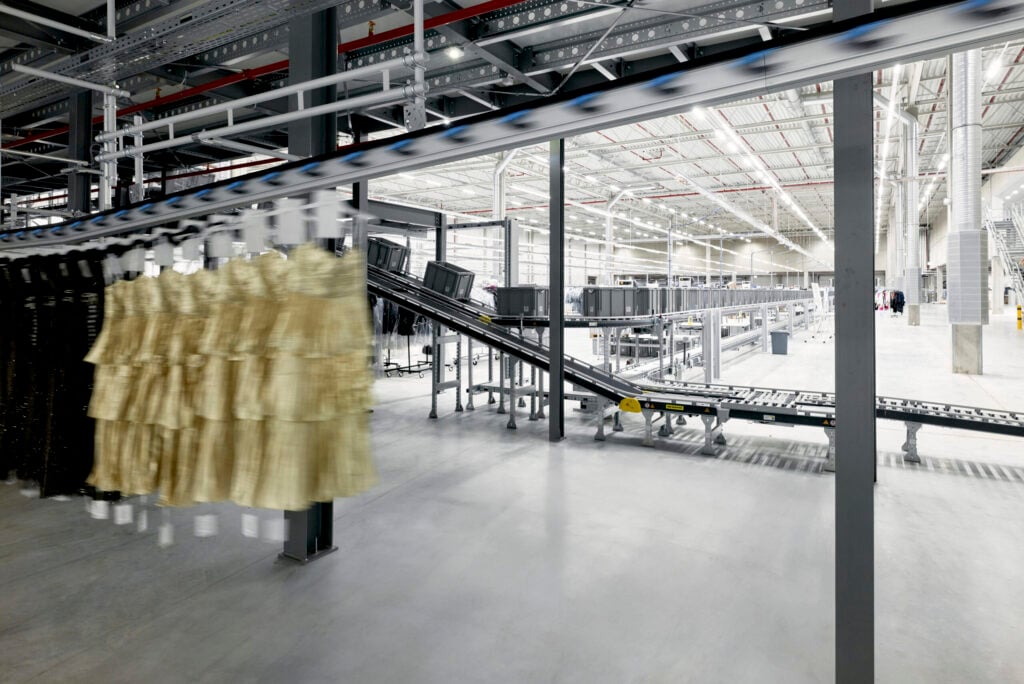
At the same time, the group faces a new generation of global luxury consumers—more discerning, fragmented, and culturally diverse than ever. In China, Mytheresa launched a WeChat Mini Program in September 2024 under its new Chinese name, Mei Lin Shi (美遴世), which translates to “beauty, curation, world.” Offering personalised services across over 180 brands, the platform aims to deepen its relevance among China’s high-net-worth demographic. But meeting the evolving tastes of Asia’s luxury consumers will require continued innovation in product, channel strategy, and storytelling—a test of the group’s ability to truly localise a decentralised global approach.
With the consolidation of key assets and a sharpened strategic identity, LuxExperience B.V. has executed one of the most significant moves in the luxury e-commerce sector in recent years. The question now is whether it can withstand economic headwinds and operational complexity to achieve its ambitious goals: 4 billion euros in GMV and an EBITDA margin above 8 percent. The answer will lie in the strength of its execution.


